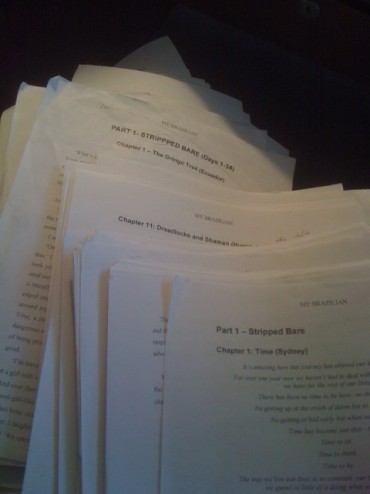“Inefficiency is a good thing,” a wise friend informed me six months ago. I must have looked confused.
“When I said this to a room full of corporates, you should have seen the horror on their faces!” My face would have read pretty much the same. Inefficiency is good???
“How?” I asked in almost disbelief.
“Friendship, for example, spending time with people you love. It’s entirely inefficient… All the things in life that are wonderful, involve being inefficient. Think about it: Art. Love. Reflection. Contemplation. These things don’t happen in a rush. They take time. You need to be inefficient.”
But “Time, we say, is money, and, boy, that’s for real!” says Alan Watts, in Does it Matter?:
“Even sex is becoming acceptable for the same reason: it is good for you; it is a healthy, tension–reducing “outlet”—to use Kinsey’s statistical term for counting orgasms—and some wretched hygienist will soon figure out the average person’s minimum daily requirement of outlets (0.428 would be three times a week) so that we can screw with a high sense of duty and freedom from guilt.”
He goes on to explain that: “We get such a kick out of looking forward to pleasures and rushing ahead to meet them that we can’t slow down enough to enjoy them when they come.”
“The heart of the matter is that we are living in a culture which has been hypnotized with symbols—words, numbers, measures, quantities, and images—and that we mistake them for, and prefer them to, physical reality… A culture is hardly a culture at all when it does not provide for the most sophisticated training in the fundamental arts of life: farming, cooking, dining, dressing, furnishing, and love–making. Where these arts are not cultivated with devotion and skill, time to spare and money to spend are useless.”
For someone from a business and economics background, which based on efficiency, this shift from efficiency = bad, can take a while to truly comprehend, and even longer to integrate into one’s life.
Ever since school I’ve judged myself on how much I have “got done”. How many boxes on my to-do list I have ticked. I couldn’t relax till my homework was complete. My day was a good day if it had been an efficient one.
In my first serious relationship it took time for me to adjust. When you are in love, you tend to spend time doing the most inefficient things. You drive out of your way, you sit around watching TV, you talking for hours, you fight and make up. Almost everything you do when in love is inefficient. Each action is unmeasurable. There’s no tick boxes in love.
I did adjust. I learned to be inefficient. It felt good. It forced me to relax.
It was a long relationship, and few years have passed since it ended. Old habits die hard.
Without a reason to be inefficient I ascended or descended, depending how you judge it, back into my more efficient state. All my time became my time again, to do all the things I wanted to do. If I wanted to work a 14-hour day on my research, I could. There was no one else to think about. Just me. So I “followed my bliss”, got myself wrapped up in research, writing and creative projects that I loved doing. I really love these things. Yet in time, efficiency takes its toll.
Sometimes I catch myself on skype, on the phone, or even in person, with friends or family, and I notice my mind wonder off to think about various ideas and projects. At times I find it hard to go out of my way for others. It can be hard to justify a weekend away, time out, reading novels that aren’t teaching me something, spending time doing nothing. Sometimes even yoga feels like a trade-off – I can do yoga or I can do more study, and I choose to do the latter. The worst feeling is when stuck in traffic or waiting in line or in a dead boring conversation – in any situation where time is being wasted – and some part inside me cringes, an inner frustration of time ticking by.
There has to be some way to navigate the efficient and inefficient.
In the short term being efficient might make me happier than ever, feeling satisfied with all I’m accomplishing. But continued in the long term too much efficiency means we miss out on the deeper, the inefficient, relationships and connectivity that we are on this planet to experience. If we aren’t careful, we will be old, grey, bald, fat, and lonely, and life will have passed us by.
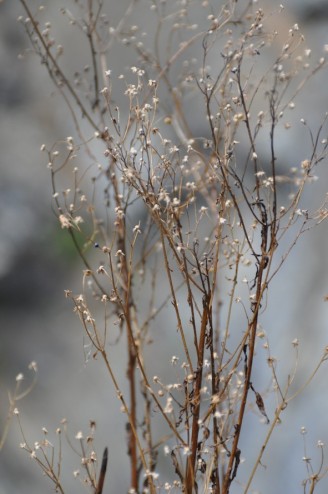
After a walk in the nearby mountains, spending time taking photos like the above shot, I wrote some “notes to self”:
- Don’t get frustrated when time disappears into nothing.
- Put time into friendships without feeling rushed. Be present during that time.
- Learn to say yes, no, or later, as fits with what I wants to do. You can’t do everything.
- Better to do less and do it less efficiently, then feel like you are your own production line. Times have changed since Henry Ford’s assembly line.
- Creativity and quality are assets of the future. Efficiency is the antithesis of creativity.
- Meditate. Exercise. Relax. Find your balance.
- Cherish quality. Put love into your food. Cultivate the arts. Enjoy… Be inefficient.
It is what one does when they are inefficient that makes life worth living.




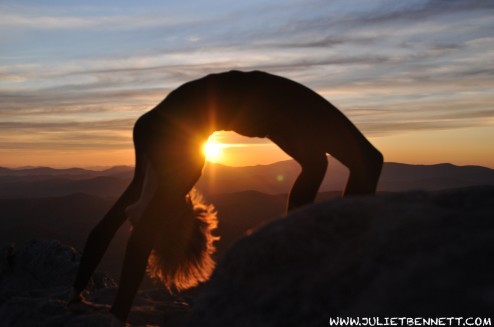
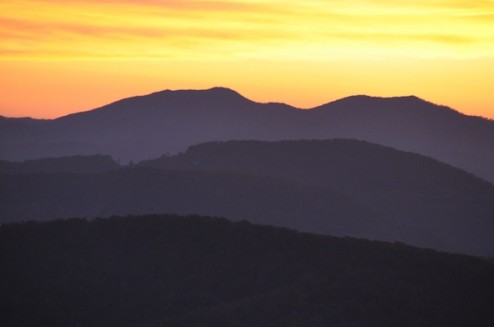
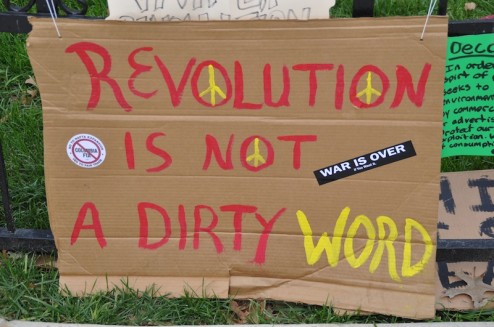
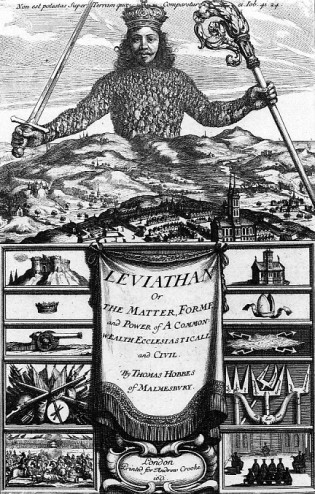

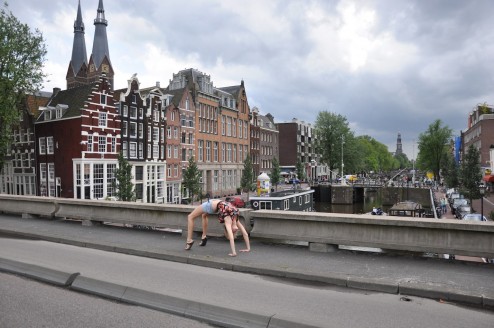 A bridge pose wasn’t much of a solution…
A bridge pose wasn’t much of a solution…